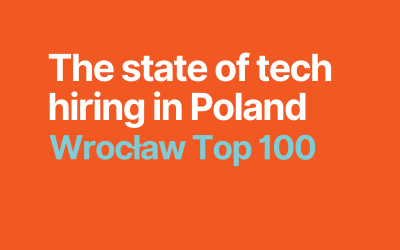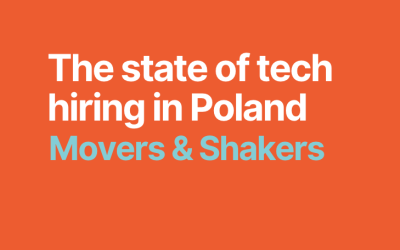A new analysis, commissioned by the job site Indeed, and published by Silicon Republic, positions Poland at the forefront of remote and hybrid working in Europe. At the end of January 2024, 21.6% of Polish job postings offered remote or hybrid work options. This places Poland well ahead of other major European economies, including Germany (14.9%) and France (9.6%). While Ireland also has a high proportion of remote work opportunities (15.4%), it doesn’t quite match Poland’s figures.
Hybrid Work Models Gain Traction
Experts highlight that the COVID-19 pandemic has permanently transformed the job market. There’s a notable trend towards hybrid work models, especially within larger companies. While 100% remote work remains prevalent among smaller companies and startups, fully office-based work remains rare, particularly in tech roles.
High Levels of Flexible Work Arrangements Persist
Indeed’s results demonstrate that hybrid and remote work is popular in software development, IT, mathematics, media, and communication. Like other European countries, flexible work arrangements are increasingly becoming a deciding factor for Polish employees when choosing an employer.
Remote Work: Challenge and Opportunity for Poland
Poland’s leading position in remote work presents both opportunities and challenges. Benefits include greater attractiveness of the job market for skilled professionals, the potential to reduce unemployment in less developed regions, and growth opportunities for the IT sector outside major urban centres. However, remote working requires organisational shifts within companies and administration and could decrease city centre activity.
Conclusion
Poland emerges as a European leader in hybrid and remote working, creating exciting prospects for the Polish labour market. It will be worth observing how authorities and companies adapt to this evolving trend, particularly the balance between remote and hybrid work models, and how they capitalise on the opportunities that flexible working presents.
I also wrote a long-form article why we, as an organisation, are moving from remote first to one-day-per-week hybrid. Read it here.





